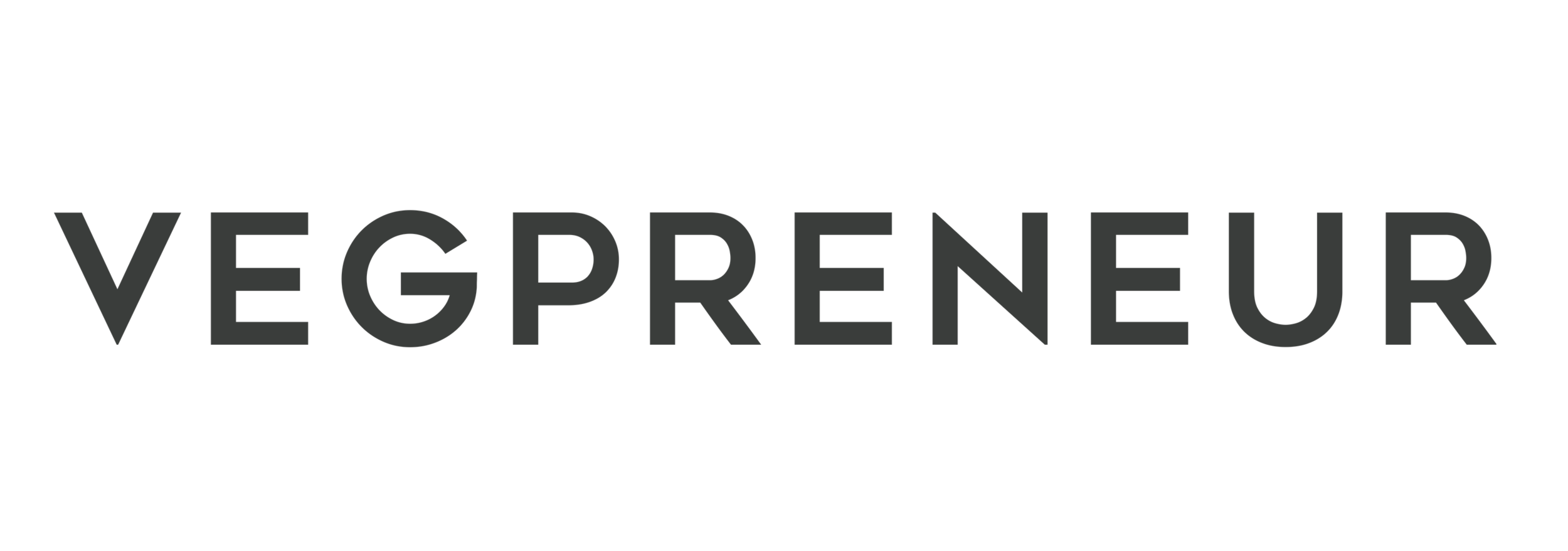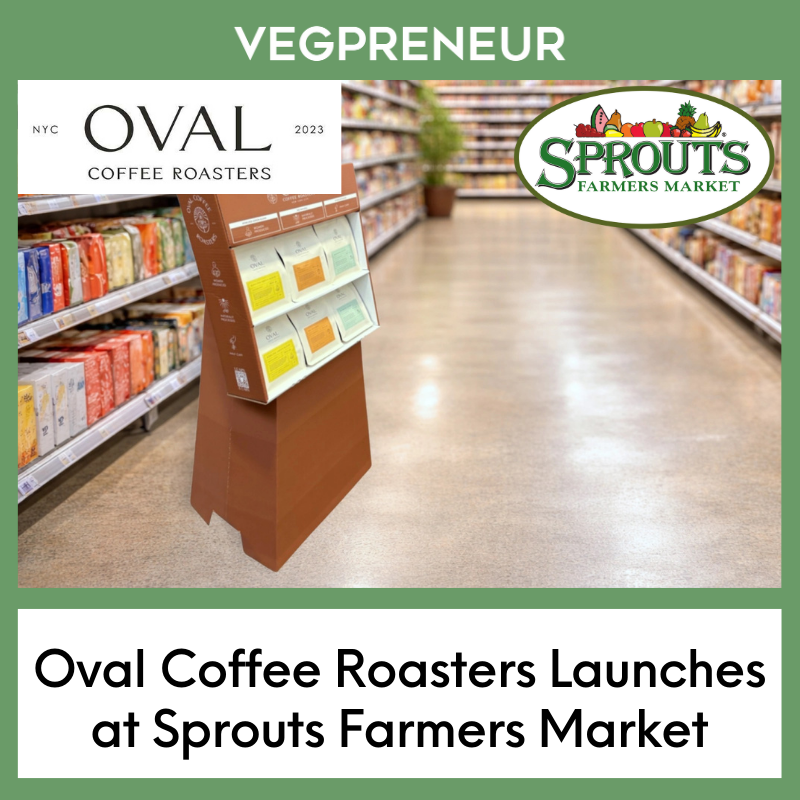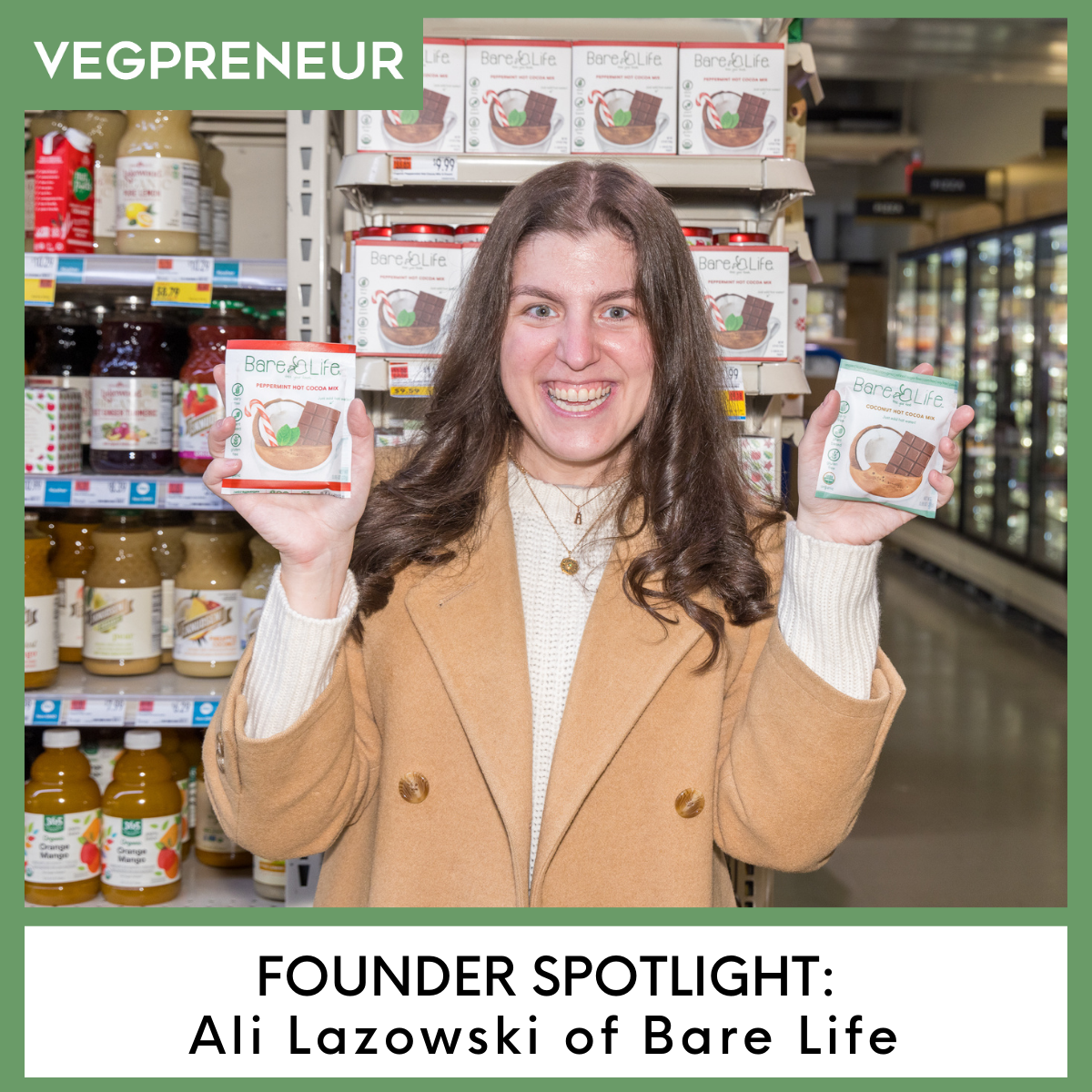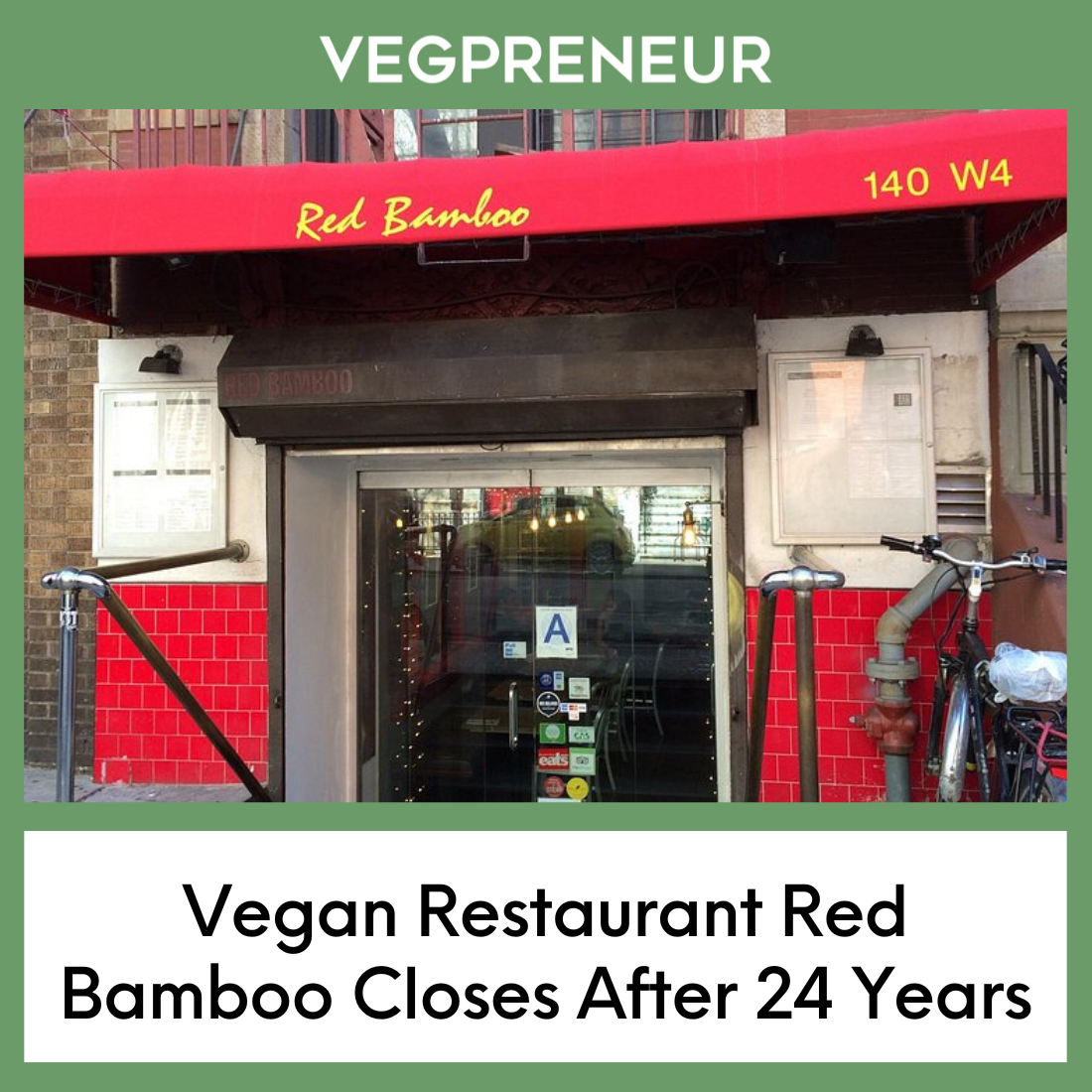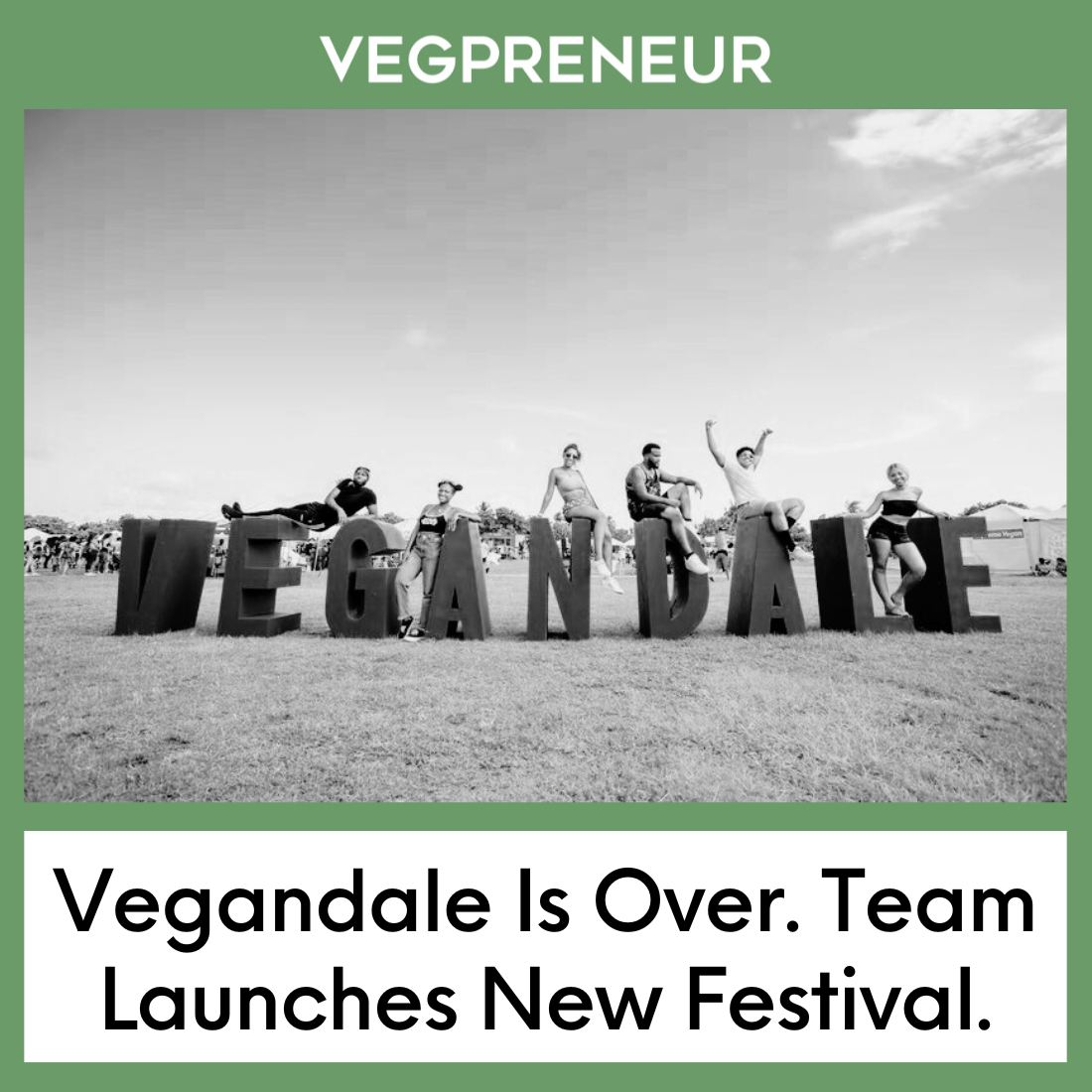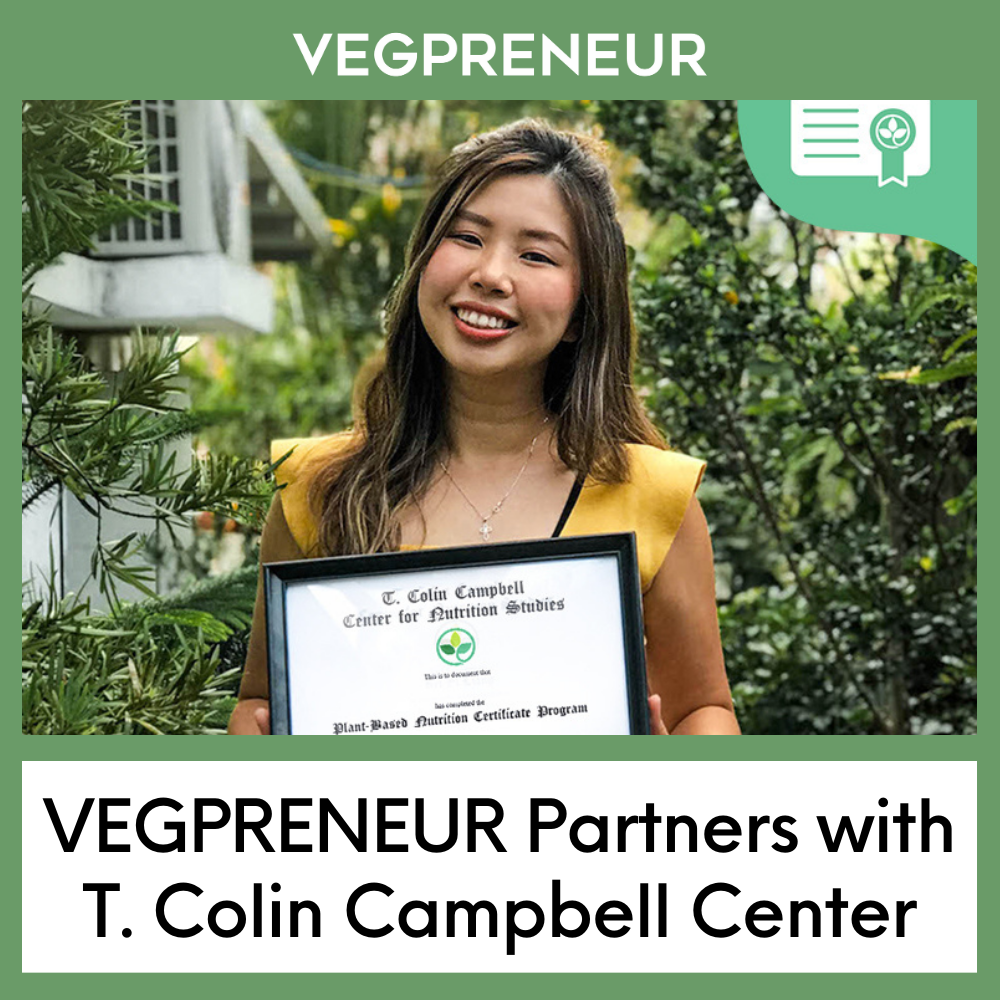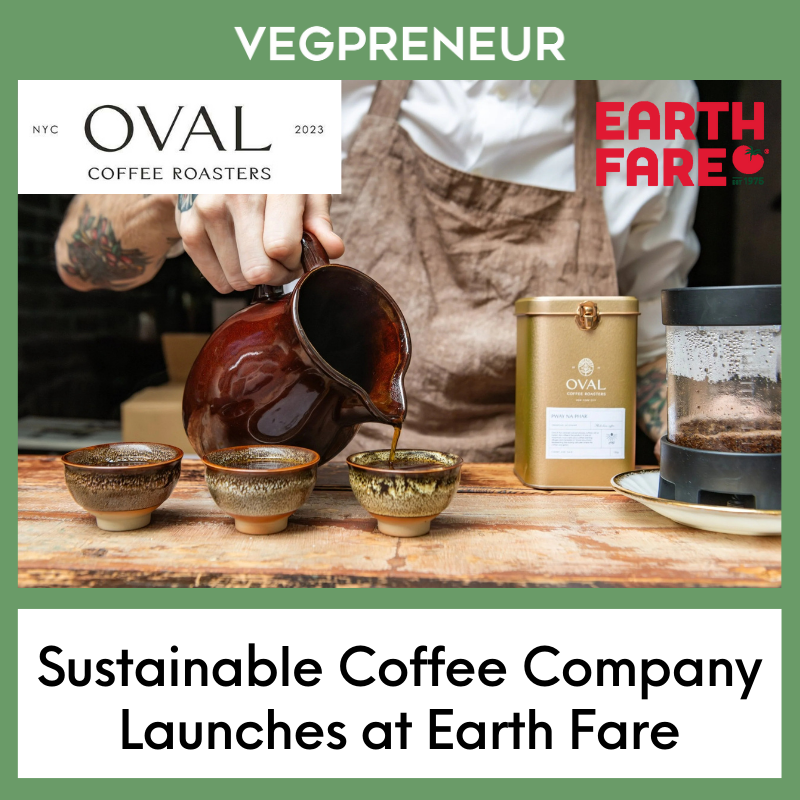9 Questions to Ask When Deciding Whether to Start a Small or Large Food Business
Written by the Mission:Plant team
When starting a food business, you’ll face countless decisions. Should you sell direct-to-consumer, to retailers, to restaurants? Should you open a store? What should your prices be? Where should you manufacture? How much should you raise? These questions are just the tip of the iceberg that you’ll encounter on your entrepreneurial journey.
To set yourself up for success as you embark on this vast sea of hard but important questions, it can help to begin with the end in mind. Ask yourself one fundamental question to help guide your other decisions: do I want a small food business or a large food business?
Your answer may lie at one extreme or somewhere in the middle and may change as your business grows and evolves. But getting clarity on that core point will position you for strong, informed decision-making that aligns with your long-term goals.
The following list of questions is designed to help you think through some of the most important aspects of the small vs. large business question. Let’s dive in.
Do you want to have a small impact on a global scale or a large impact on a small community?
One key factor to consider when starting your food business is your desired scope of impact, which will serve as a guiding light. Consider which of the following goals resonates most with you:
● A: To create food system change (e.g. to make sure children everywhere have access to allergen-free foods). If this path interests you, will you be satisfied with affecting one small piece of that goal (e.g. introducing an affordable, allergen-free cereal)?
● B: To have a deeper, more personal, and bigger impact on individuals (e.g. to give the Latinx immigrant families in your neighborhood a place to enjoy the authentic food they miss from their abuelitas)
If you answered A, pursuing a large business makes sense. If B sounds more exciting and inspiring to you, then the small business route may be a better fit.
If you struggled to answer this, the following questions will help you weigh the various related considerations and trade-offs.
What aspects of the business do you love most? Which are your least favorite?
Entrepreneurs often find that they’re particularly passionate about certain aspects of their business. Maybe it's the thrill of building a business, the joy of connecting with customers, or the creative fulfillment that comes from hand-making goods.
In Michael Gerber’s book, The E-Myth, the author tells the story of a talented pie baker who decides to leave his job at another bakery to start his own, primarily out of frustration that his employer is getting all the spoils for his hard work. But soon after opening the new business, he finds that he’s having to spend most of his time running the business and not on the baking he loves so much.
The moral of the story? The decision of whether to sell your pies at a farmers’ market or on grocery store shelves nationwide will have a tremendous impact on what you spend your time doing.
Determine what aspects of your business light you up. Do you want to be hands-on with customer interaction and product creation? Do you want to oversee a team? Then consider the flip side of the same coin: what tasks or responsibilities do you like the least? If you find fundraising to be daunting and energy-draining, you might prefer a smaller-scale business that requires less initial capital investment and relies more on organic growth.
Are you willing to compromise on the taste or quality of your food if it's necessary to scale?
At a certain point, every entrepreneur will have to weigh their desire to maintain the integrity of their food against the practical considerations necessary for scalability.
To produce consistently, affordably, and with a long enough shelf life for widespread distribution, you may have to adjust ingredients, processes, or sourcing to meet food safety standards and logistical demands. Are you willing to do that, or is it most important to you to steadfastly uphold your standards?
For some entrepreneurs, preserving the authenticity and excellence of their culinary creations is non-negotiable. Others may be willing to adapt their recipes or processes to grow and spread their impact far and wide.
Are you willing to compromise on certain values to scale?
It's easy to sell a small number of artisanal products to your socially-aligned, affluent neighbors at the local farmers' market at a high enough price to cover all the expenses of sourcing high-quality, organic ingredients and using compostable packaging. But selling at scale makes this much more difficult.
Consider the following:
● For retailers to allow you to stay on grocery shelves you need to sell large volumes of goods. This necessitates appealing to consumers with different levels of financial means.
● Selling at scale requires leveraging the services of distributors (or shipping companies if selling direct-to-consumer) and retailers/restaurants to help bring your products to the masses. This can easily double or triple the price of your product for the end consumer, making it unaffordable (or at least undesirable) for most of the market.
● When selling to the masses (especially in retail) your products are being compared to thousands of other products that consumers are exposed to, and will have to compete with those products not just on taste or quality, but also on price. People are making discrete choices and have to balance those things.
Consider what you would be willing to give up – the quality of certain ingredients, sustainable packaging, key claims – if it were necessary to reach a scalable price. Are you more inspired by having a little impact for many, or a big one for a few?
What are your revenue and profitability goals and needs?
Which of the following would you prefer to have?
● A large company that could ultimately generate significant revenue but that could take years to reach profitability
● A small company that likely won’t make you a millionaire, but that can be profitable and start covering your day-to-day living expenses quickly
Opting for a large company model often necessitates a big upfront investment. You’ll need enough funds to scale operations, acquire market share, and establish a brand presence. This requires patience and runway as your company navigates initial losses and works toward profitability over a longer period.
On the other hand, starting a small food business may mean faster profitability, since you’ll have the benefit of niche markets, lean operations, and agile decision-making. Revenue might be more modest, but a quicker path to profitability can offer a greater sense of financial stability and autonomy.
Think about your risk tolerance, long-term goals, and appetite for immediate returns versus long-term growth.
Is your long-term goal to run the company forever or to sell it to a larger company?
Where do you see your business in 10, 20, 30, 50 years? If you want to be at the helm of your company for the foreseeable future –– and even potentially keep it in the family –– that’s important to consider from early on.
Opting to build a family legacy means a focus on sustainability, resilience, and maintaining control over the company's direction and values across generations.
In contrast, if your goal is to sell to a larger food company, you’ll need to adopt strategies geared toward maximizing growth, scalability, and market appeal to attract potential buyers.
This decision is complex, as it involves not only your aspirations but also your financial objectives, lifestyle preferences, and the legacy you want to leave in the food industry.
How do you feel about losing some control over your business to investors, distributors, retailers, or contract manufacturers for the benefit of scale?
Scaling a food business involves partnering with investors, distributors, retailers, restaurants, and large manufacturers, among others. This may necessitate ceding some degree of autonomy and decision-making authority.
Assess your comfort level with this trade-off: are you willing to collaborate with external parties to gain broader market reach and growth potential, even if it means diluting your control over certain aspects of the business?
For some, maintaining full control over their vision and a tight grip on decision-making is essential. This path is much more feasible with a small-scale operation. Those with ambitious goals around expansion will likely have to forge strategic partnerships and entrust certain responsibilities to external stakeholders.
Can you afford to invest significant dollars (at least 10s of $1,000s) into the foundations of a business that could later raise money and scale?
Launching a business often requires initial capital investment to cover essential expenses like product development, marketing, infrastructure, and staffing. Do you have the financial resources or access to funding to make these necessary investments in the early stages of the business?
Those who can commit significant capital upfront may be better positioned to pursue a larger-scale enterprise that can attract further investment and scale rapidly. Those with financial constraints should consider opting for a smaller-scale business model that requires lower initial investment and allows for more gradual growth.
What are your lifestyle needs and goals?
Consider the balance you want to achieve between work, personal life, and overall well-being. What are your needs and wants in terms of time for self-care, hobbies, and loved ones? What’s your ability to throw off the cash flow from your business to cover your expenses in the short term?
A small-scale business may offer more flexibility and autonomy, allowing you to maintain greater control over your schedule and a better work-life balance. Since overhead costs are typically lower, it may also enable you to generate enough cash flow from the business to cover personal expenses in the short term.
On the other hand, starting a large company will likely entail longer work hours, increased stress, and less flexibility, particularly during the initial phases of scaling the business. You’ll likely also have to sacrifice certain creature comforts as you pour your spare money into the business, and show your investors that you’re also taking a risk for the potential of shared greater success down the road
You need to align your ambitions with your lifestyle preferences to ensure that your chosen path not only fosters professional success but also supports your overall well-being and happiness.
____________________________________________________________________________
Led by a team of experienced entrepreneurs, industry analysts, and investors, Mission: Plant provides groundbreaking plant-based and alternative protein companies with strategic guidance and outsourced management services to enter and succeed in this rapidly evolving market.
